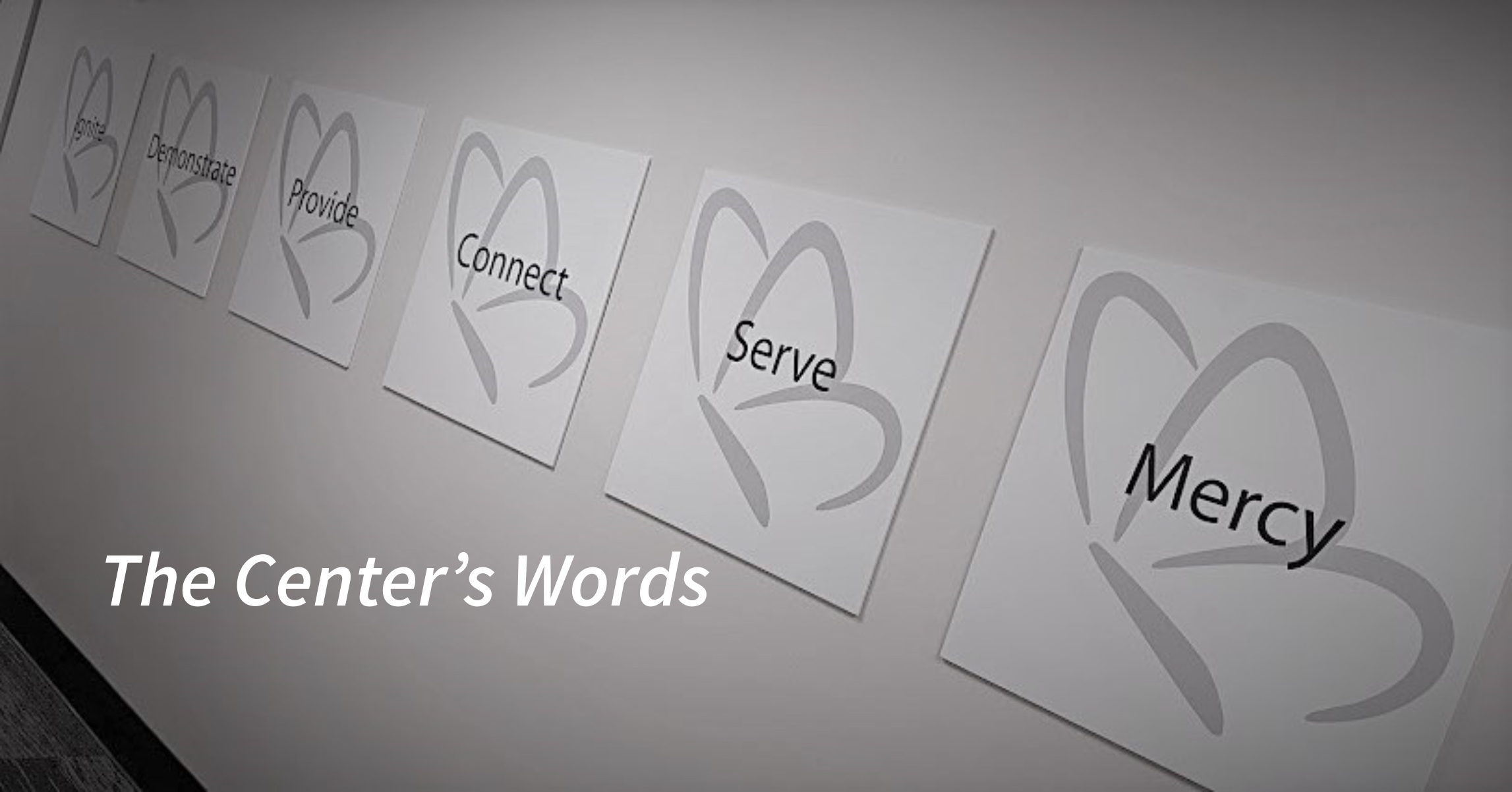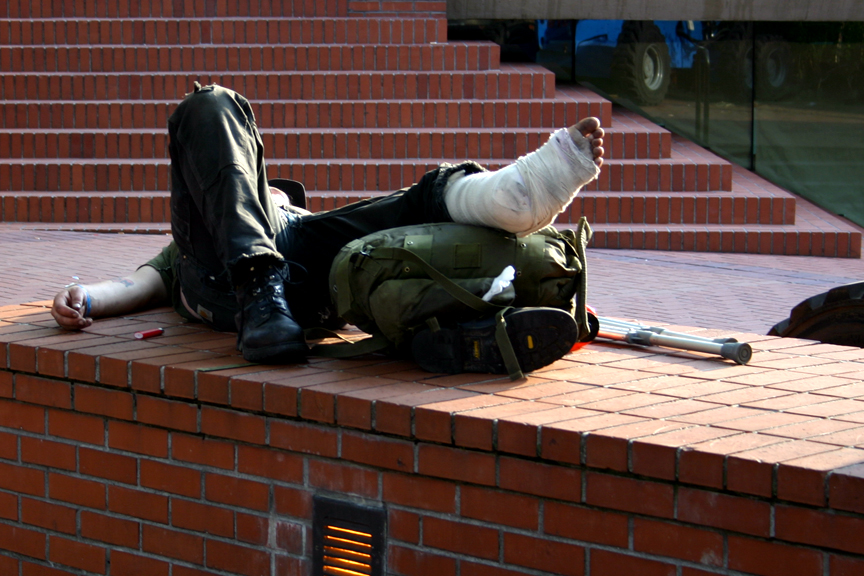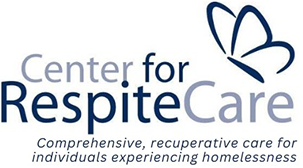
Who is The Center for Respite Care?

While it is relatively straightforward to explain what the Center does and who we are; it is more challenging to agree upon what it means to be a person experiencing homelessness. The Center’s work and clients are a combination of both.
What does the Center do?
The Center itself serves adult individuals experiencing homelessness (from the Greater Cincinnati area) with acute medical issues.
People who are homeless experience a high rate of unresolved health conditions and complications, repeat emergency room visits and extended hospital stays due to improper healing. Substandard living conditions, inadequate nutrition, extreme weather, and no or very limited access to healthcare inevitably lead to serious health conditions.
After a stay in the hospital, sometimes extended recovery is needed. Shelters and homeless treatment programs are unable to accommodate the follow-up care that ensures someone’s true recovery. We have 20 beds with an average stay of 45 days with care provided by a professional medical staff and social workers.
We rely upon expert organizations — namely the National Healthcare for the Homeless Council—to best articulate our constituents and our mission – as follows.
Whom is an individual experiencing homelessness?
An individual or family who lacks a fixed, regular, and adequate nighttime residence, meaning: (i) Has a primary nighttime residence that is a public or private place not meant for human habitation; (ii) Is living in a publicly or privately operated shelter designated to provide temporary living arrangements (including congregate shelters, transitional housing, and hotels and motels paid for by charitable organizations or by federal, state and local government programs); or (iii) Is exiting an institution where (s)he has resided for 90 days or less and who resided in an emergency shelter or place not meant for human habitation immediately before entering that institution.
The Center treats and houses individuals who are ill without a place to recover and heal. It is in this intersection in the Center that resides.
What is the relationship between health, housing, and homelessness?
Poor health (illness, injury, and/or disability) can cause homelessness when people have insufficient income to afford to house. This may be the result of being unable to work or becoming bankrupted by medical bills.
Living on the street or in homeless shelters exacerbates existing health problems and causes new ones. Chronic diseases, such as hypertension, asthma, diabetes, mental health problems, and other ongoing conditions, are difficult to manage under stressful circumstances and may worsen. Acute problems such as infections, injuries, and pneumonia are difficult to heal when there is no place to rest and recuperate.
Living on the street or in shelters also brings the risk of communicable diseases (such as STDs or TB) and violence (physical, sexual, and mental) because of crowded living conditions and the lack of privacy or security. Medications to manage health conditions are often stolen, lost, or compromised due to rain, heat, or other factors.
When people have stable housing, they no longer need to prioritize finding a place to sleep each night and can spend more time managing their health, making time for doctors’ appointments, and adhering to medical advice and directions. Housing also decreases the risk associated with further disease and violence. In many ways, housing itself can be considered a form of health care because it prevents new conditions from developing and existing conditions from worsening.
What is Medical Respite Care?
Otherwise known as recuperative care, Medical Respite Care is acute and post-acute medical care for homeless persons who are too ill or frail to recover from a physical illness or injury on the streets but are not sick enough to be in a hospital. It is a critical (though still emerging) program in communities’ efforts to end homelessness for the most vulnerable in that it meets the needs of hospitals to provide safe discharge for their patients, and it allows clients time to stabilize and be connected to the housing and support services, avoiding worsening health and increased costs to the service system.
How are we funded?
The Center relies upon grants, the Hamilton County Tax Levy process, individual donations, and other government funds. Importantly, the Center saves the overall system money as the cost of our care is significantly less than hospital stays.

